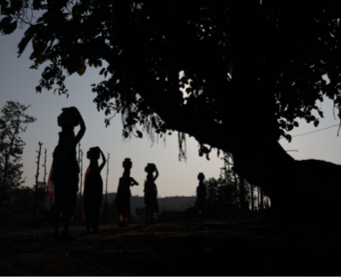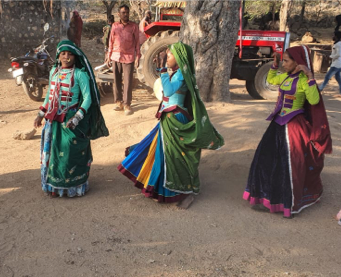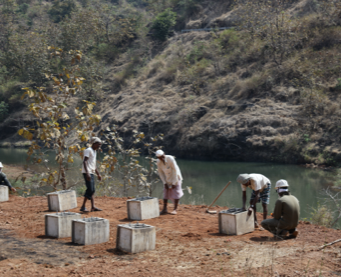Empowerment For Development
‘Shramdaan’ by Jogulwadi villagers results in integrated development
By Dev Kotak
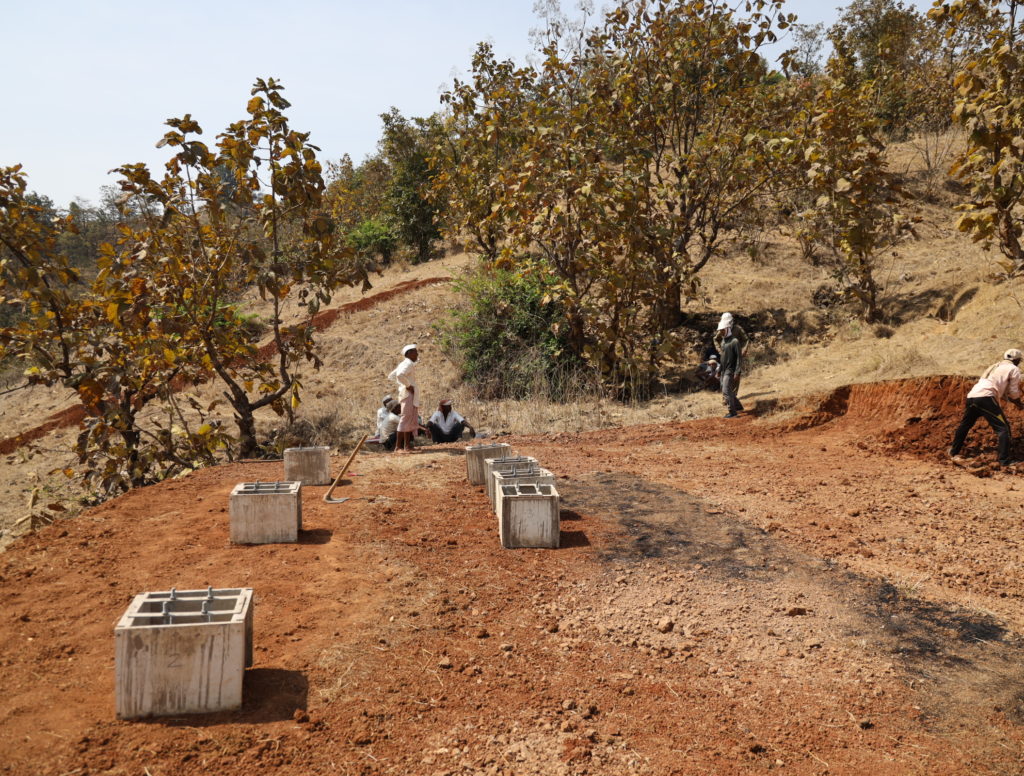
The transformation is a glowing example of the power of the collective, and has been built on the twin principles of bhoodaan (donation of land) and shramdaan (voluntary contribution involving physical activity). In other words, the big landowners agreed to donate some part of their land for the larger cause of the village while the small peasants toiled away to meet these goals.
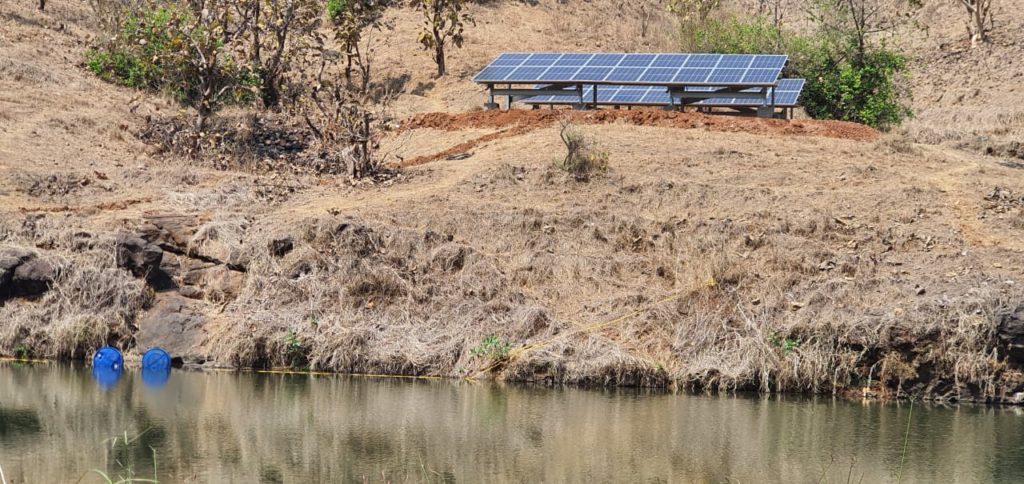
Now that water is going to arrive in our village, everyone in the village is geared up to help out with work through physical efforts (shramdaan). I feel very happy. If we start getting access to water, then the progress will trickle into other areas of our life as well. Women will save time their time. Farmers will be able to go their fields on time and work, children too will be sent to school on time. For instance, if a pregnant woman who has stepped out to fill water in this searing heat, faints, then who will be responsible? I feel that if water is provided for the fields, then our husbands will stop migrating. That’s why now that with water set to arrive shortly, all our issues will be resolved
- Kalpana Shinde, a Gram Panchayat member.
The plant works on ultra-filtration technology. It’s power-efficient and a good idea for a village that suffers from the irregular electricity supply, he adds. Furthermore, the overhead tank is connected to taps across the village.
“The water filtration plant consists of a pump submerged inside the lake. It pulls the water through suction up to a height of 80 feet and stores it in an overhead tank of 50,000-litre capacity,” informs Rahul Tivrekar, the founder and director of Diganta Swaraj Foundation.
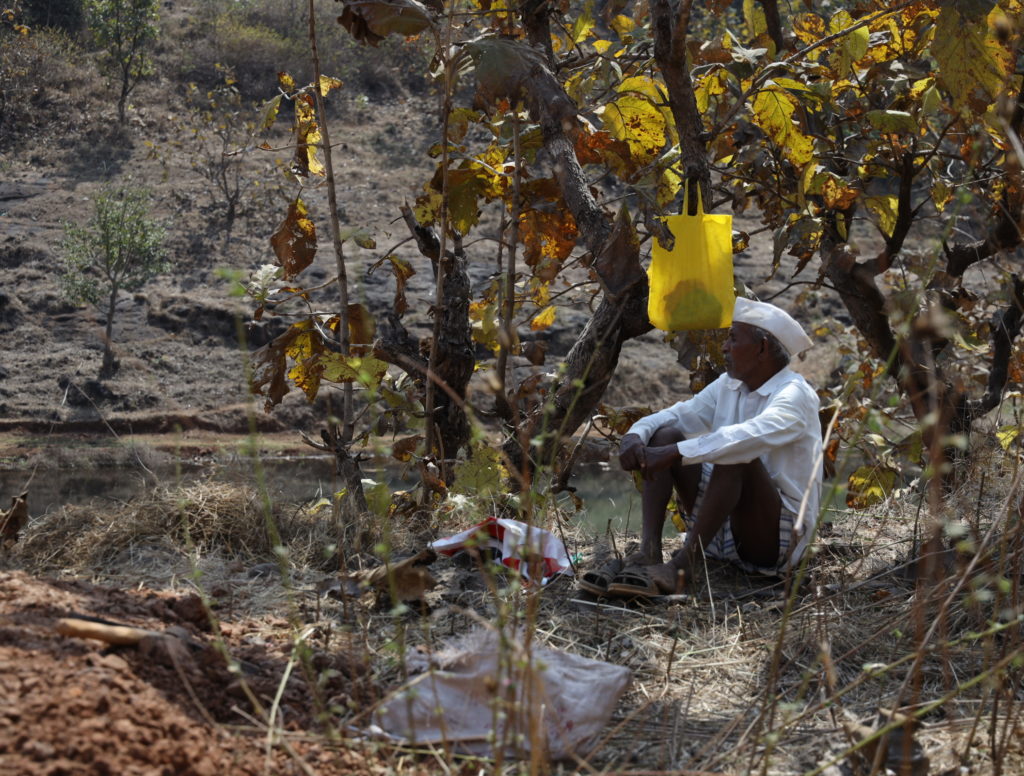
The tap water facility was followed by the construction of public toilets in the hamlet. This has brought down the instances of open defecation and made the women feel safer.
The availability of clean drinking water has led to a drop in the cases of water-borne diseases in the village. “Earlier our stock of 50 tablets (for cough, fever and dysentery) would last for about two months. But our last stock lasted for eight months!” said the resident ASHA (Accredited Social Health Activist) worker.
“Earlier, we had to wait till the dark or venture out very early in the morning to the fields. And it was always embarrassing to take someone along to relieve ourselves. [But] after the construction of toilets, we don’t have to worry about our security,” says another woman anonymously.
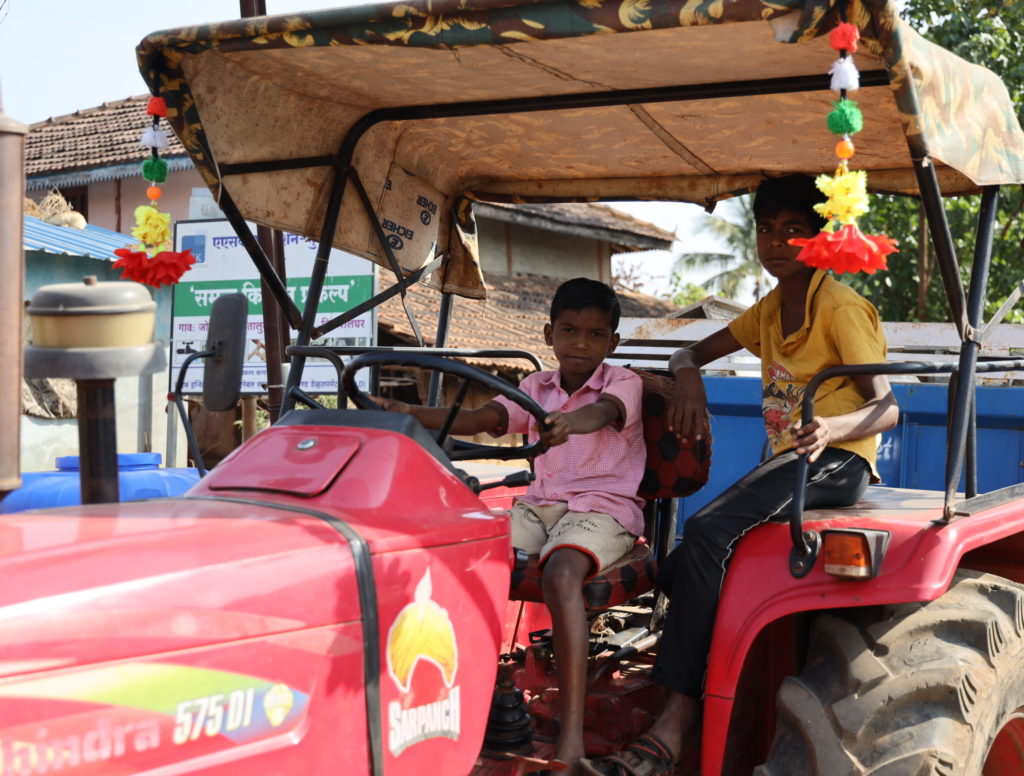
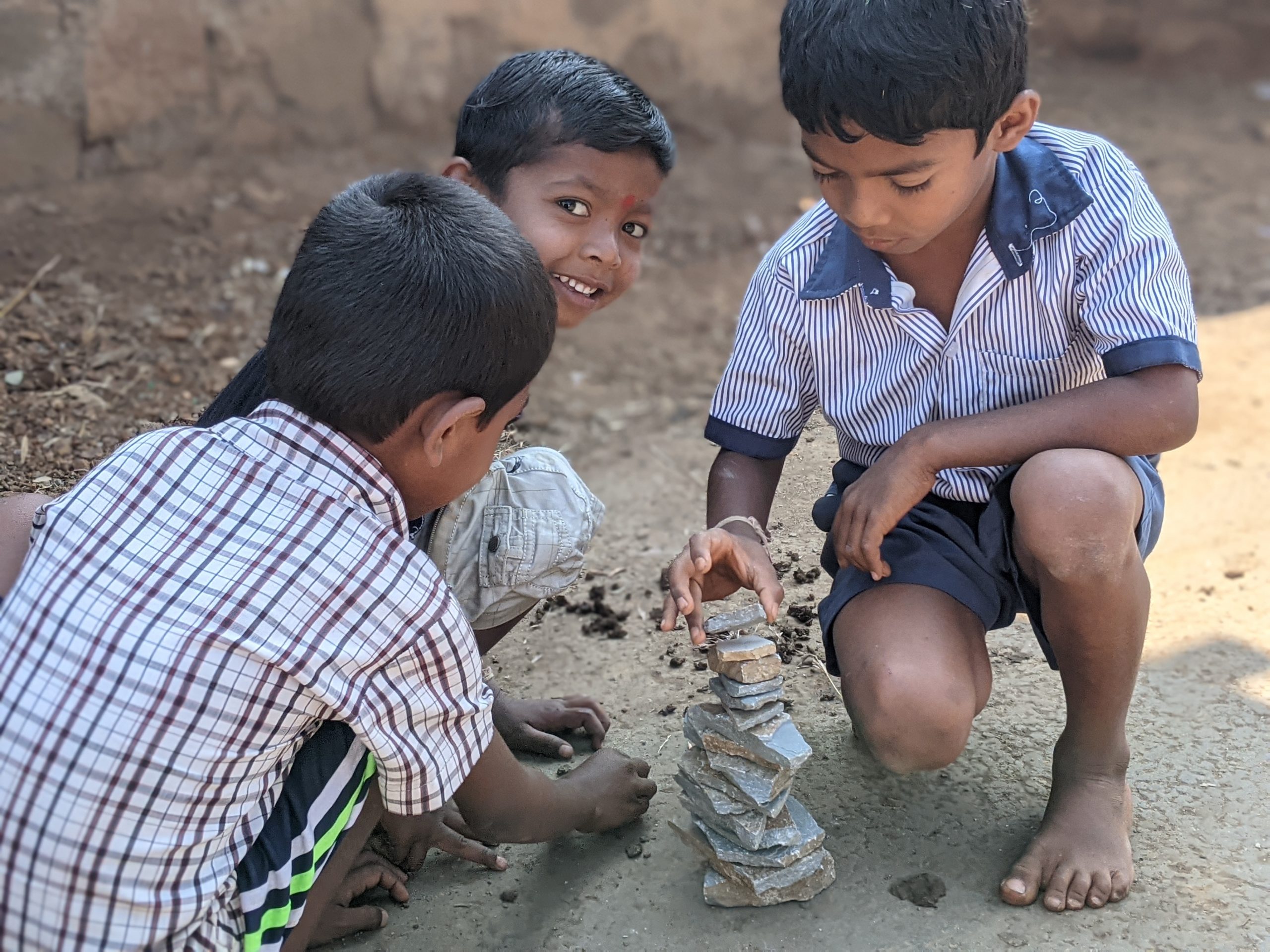
The electrical energy received from the grid activates the main control board that draws water from the dam and stores it in the overhead tank. Narendra Ghane, a 30-year-old farmer, who is in charge of operating the main control board, says, “The dam caters to Warghad and Gumbadpada villages. I run the motor for two to three hours every day to meet our requirements and fill up the tank.”
Clean energy and lighting have had far-reaching effects. Around 108 households in Warghadpada today have solar home lighting systems comprising of two bulbs, mobile charging facility and a portable lantern installed under Project Chirag. The farmers are able to save close to Rs100 per litre, which they would earlier spend to run the kerosene lamps. The lamps would also give off dangerous fumes, which the villagers don’t have to put up with any more.
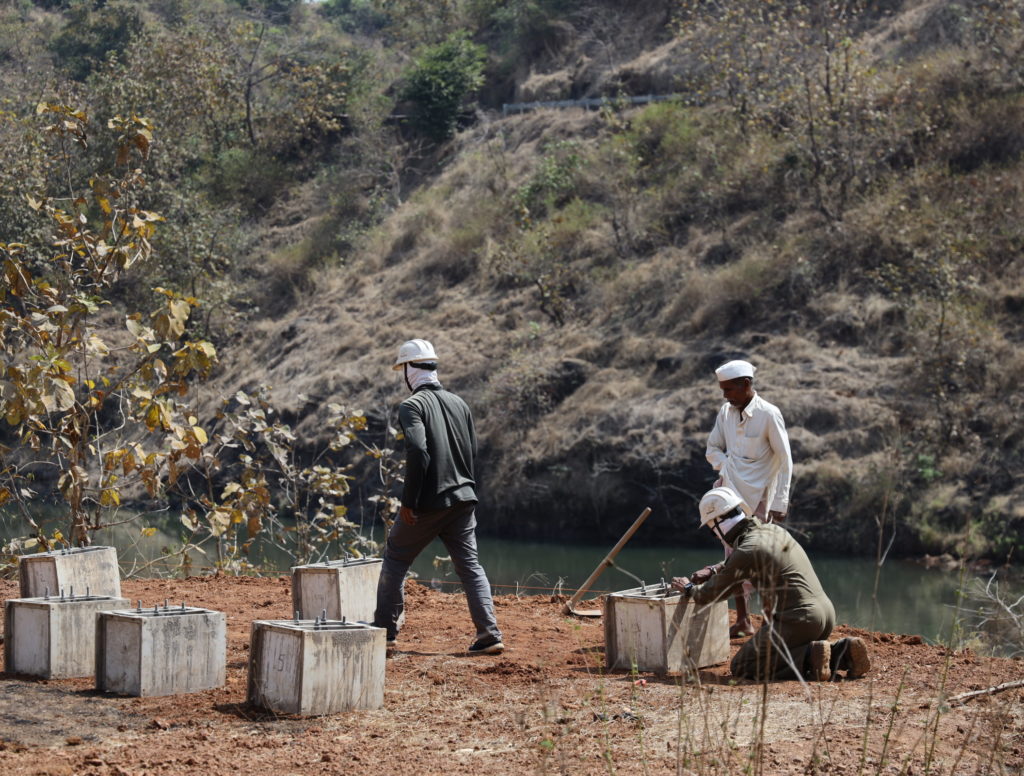
These sustainability programmes have addressed the issue of migration in this tribal village. Labourers, who had returned to their homes during the pandemic, now grow and sell their farm produce in the open markets.
However, education does remain a challenge and it has suffered further because of the pandemic. On the one hand, schools and junior colleges within the Zila Parishad aren’t fully equipped to impart e-learning. On the other hand, many children haven’t been able to take online classes since the lockdown because their parents do not own a phone, leave a smartphone.
